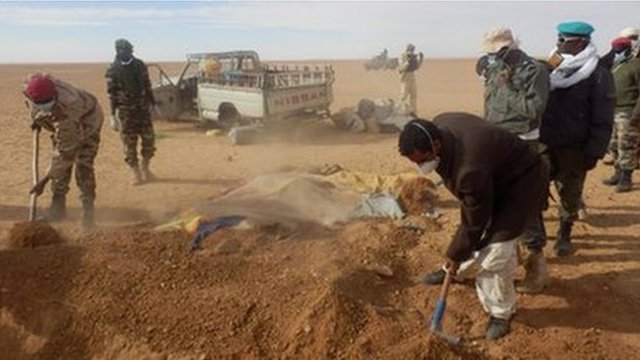By Ellis Cortez
Impunity Watch Reporter, South America
LIMA, Peru – Six young Australians wanted in connection with the death of a 45 year-old hotel doorman in Lima have won the right to make statements on the case from Australia instead of returning to Peru, where the case is being tried.

A statement from the group revealed they would be permitted to give statements via video link rather than having to return to Peru, where they have said they fear they will not get a fair trial. “We were told by our lawyers and DFAT [Australia’s Department of Foreign Affairs and Trade] on 24 October that the three Superior Judges in Lima had made a favorable decision on our appeal to be able to give our statements from Australia under the International Co-Operation Procedure. However, we couldn’t share the news with you until it had been formally stamped by the court and overnight it was!” wrote the group on their official Facebook page.
The Australians, known as the “Peru Six”, are Jessica Vo, Hugh Hanlon, Tom Hanlon, Harrison Geier, Andrew Pilat, and Sam Smith. They were named as primary suspects following the mysterious death of Lino Rodriguez Vilchez, who fell 15 stories from a balcony at the Lima hotel where they were staying in January of last year.
Police initially ruled the death a suicide, but they reopened the investigation after a public campaign by Vilchez’s brother who argued that the evidence appeared inconsistent with suicide. The family of Vilchez claims the Australians attacked and threw Vilchez from the balcony after a dispute over a noise complaint.
Peruvian courts seeking extradition of the six served subpoenas in July and threatened the group with an Interpol arrest warrant if they failed to return to Peru to face court proceedings. The group remained in Australia over fears that they would be imprisoned and not receive a fair trial. A Peruvian court originally rejected the group’s bid to give evidence in Australia, but that decision was overturned on appeal.
The Peruvian judges have set dates of November 5, 6 and 7 for the group to testify.
The six have strongly denied any involvement in Vilchez’s death and maintain their innocence. Theresa Hanlon, mother of two of the Australians, says the group is relieved that the threat of being placed on Interpol’s wanted list appears to have ended.
For more information please see:
ABC News (Australia) – ‘Peru Six’ to be allowed to make statements while remaining in Australia – 30 October 2013
The Guardian – Six Australians accused of murder will not have to return to Peru – 29 October 2013
Peru this Week – ‘Peru 6’ will be allowed to testify from Australia – 29 October 2013
The Sydney Morning Herald – Peru Six win bid to give evidence in Australia – 29 October 2013

